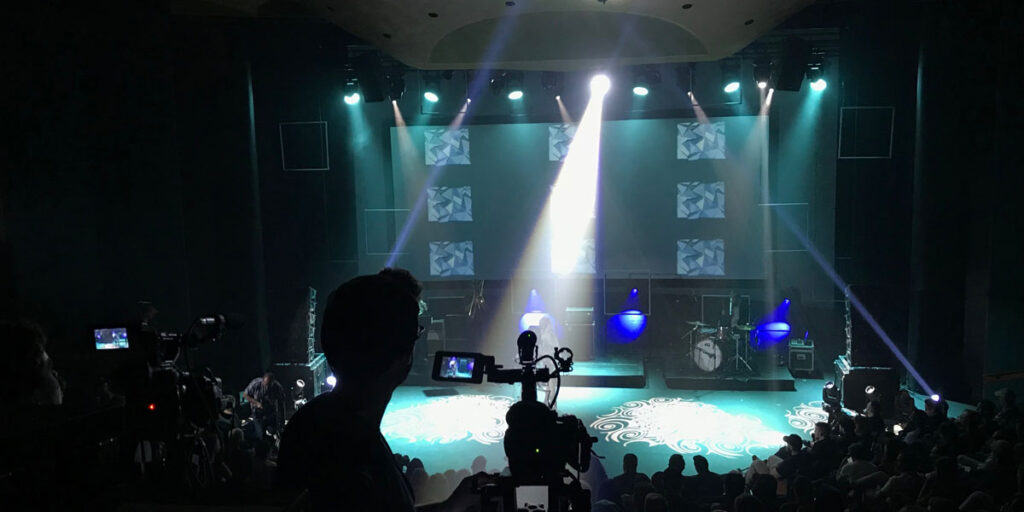How does your event schedule affect your technology budget?
Just one overlooked item by many planners can have a major effect on the overall cost, especially with event labor. We understand there are many factors controlling your event scheduling but watching a few things can save you a lot of money.
Know the labor parameters at every meeting
What is the labor minimum call for each position? – Four, Five, Eight or Ten Hours
Do you go into overtime at eight or ten hours? This is often determined by the labor position, and if they are a day rate or hourly rate.
When does overtime or double time come into effect?
Is there overtime after eight hours each day, and after forty hours in a week? Does this reset on day eight of your event?
Is there a penalty for technicians not receiving a meal break, when is this in effect? Know this cost, as this can often be offset by providing meals.
Is there additional cost for evenings, late or overnight room turns, and weekend?
Surcharge for technicians not receiving a full eight-hour break (Or longer in some markets) between shifts. In some cases, you are on Double Time the entire next day.
Time and a half or double time on weekends or 6th and 7th show days. This cost can jump your event labor budget by 15%-20% in certain markets. You need to properly budget for these in markets where union labor is required, and they have these arrangements in their contract.
If you have a morning event (General Session), then no other event in that room until evening, you are paying the labor team for the full day.
Yes, this is often used for rehearsals, or a room turn for a special evening event, but the labor cost adds up quickly. You also have to consider the cost if the room needs to be reset after the evening event, for the next morning.
What time do your morning sessions start?
Typically, technicians have to arrive one hour before each session. In certain markets, there is a premium for calls before a certain time. This can also affect the meal breaks and penalties. Often, you can save by bringing in additional labor at minimum calls to work through meals.
If possible, schedule your last sessions to end earlier on your last day.
This allows you to get most of your strike and load out done on straight time.
